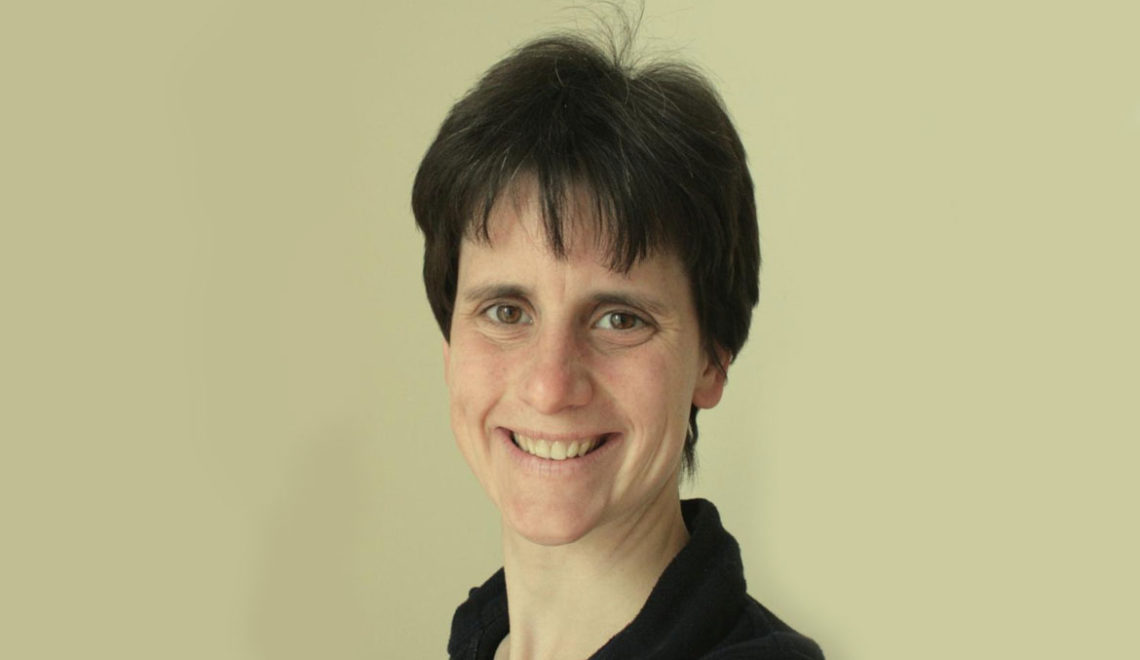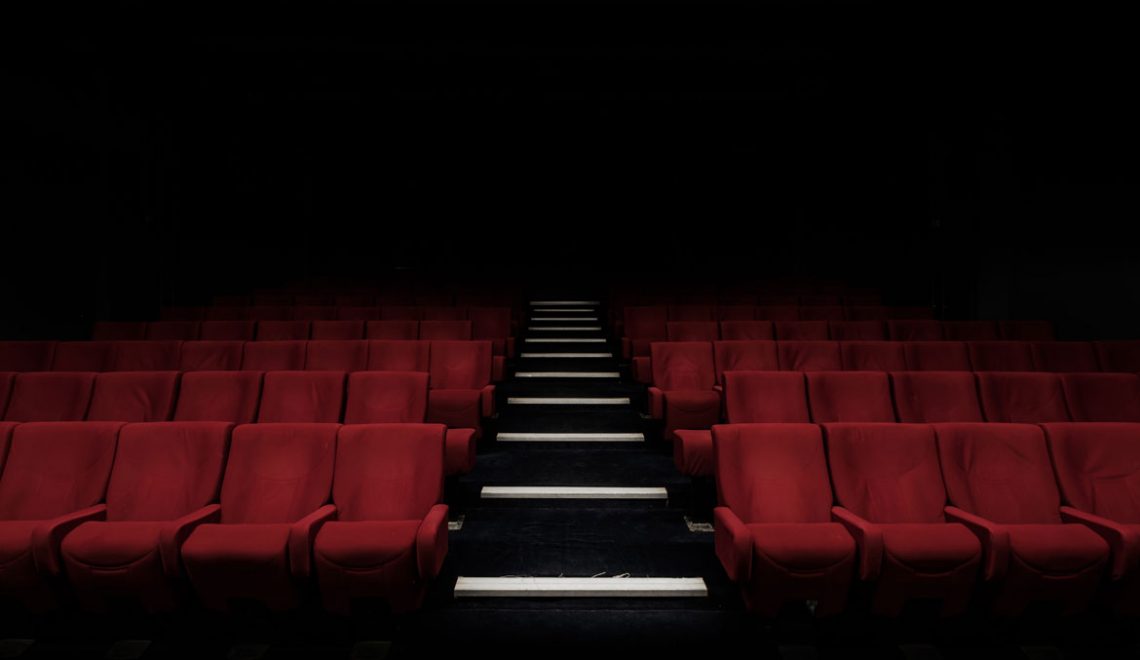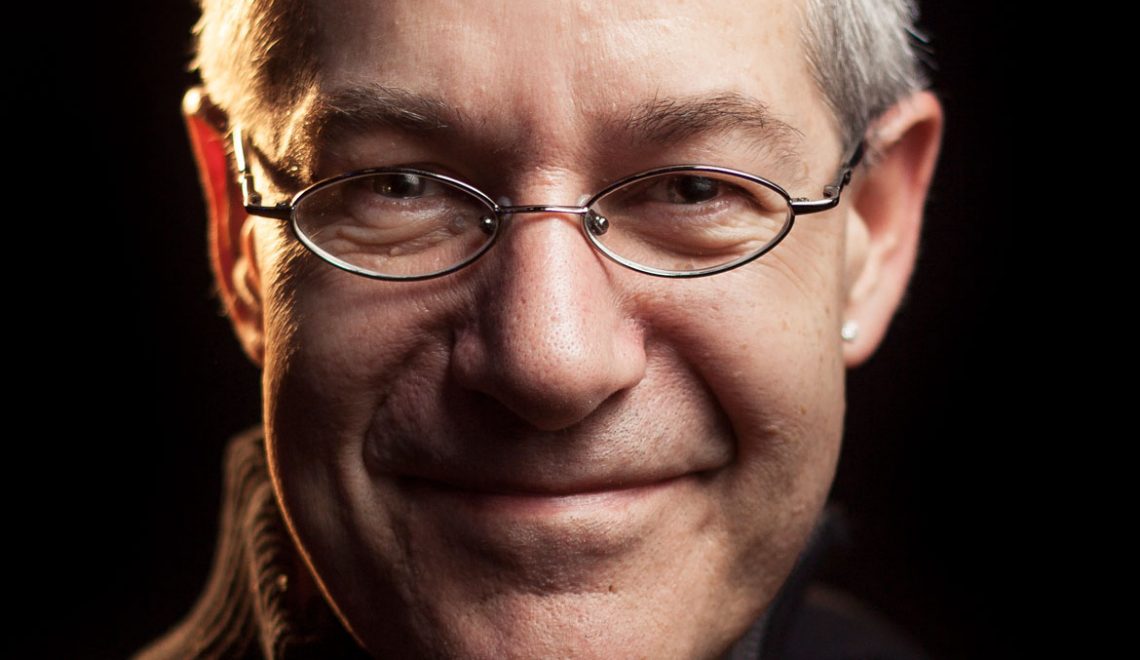
Cecile Fabre is a political philosopher and is currently a Senior Research Fellow at All Souls College, Oxford. She is also Professor of Political Philosophy at the University of Oxford and is affiliated with the Faculty of Philosophy, the Department of Politics and International Relations and Nuffield College, Oxford. In this interview, we have touched on a wide range of topics from her time living in Versailles, to her favourite books, spoiler alert – one of them is The Social Contract by Jean-Jacques Rousseau. It has been a pleasure to interview Cecile and we hope you enjoy reading about her journey.
Introduction
Q: What is your dinner party monologue for when someone says “and what do you do?”
A: I teach Philosophy. *Cue long silence*
Early Life
Q: Could you tell us about where you grew up; were you a rural or city dweller?
A: I grew up in Versailles, near Paris – a mid size town with one of the most beautiful and most visited palaces in the world.
Q: What subject(s) did you excel at in school, and which did you find most challenging?
A: History, French literature and Philosophy were my favourites and best subjects. Maths, on the other hand…
Q: Can you recall any reoccurring comments from your school reports?
A: No!
Q: Did you ever have a eureka moment where you thought, “this is the subject I want to study”?
A: Yes, in 1991, in my final year at University. I was studying history but realised that, really, all I wanted to do was political philosophy.
Q: Can you remember the point at which you fell in love with your subject?
A: Yes – during the bicentenary of the French Revolution, in Versailles of all places. I was in my final year of high school, and Philosophy was a compulsory subject. My teacher – one of the best teachers I have ever had – had a particular interest in political philosophy. And that is when I fell in love with the subject – though, for a while, I really did think that History was my first, my main love. I was wrong.
Academic Education
Regarding your undergraduate studies:
Q: Which University did you study at, and was it your first choice?
A: I studied at La Sorbonne – my first choice.
Q: What undergraduate degree did you study for at University, and in hindsight would you select the same subject again?
A: I studied History for my BA. Although I changed discipline for my Masters, I have no regrets: reading history instilled a particular form of intellectual discipline, which serves me to this day.
Q: Can you remember a University lecturer who really inspired you?
A: His name was Bernard Guenée, one of the greatest French medieval historians of his generation. He brought the period – 13th and 14th centuries – to life. A truly amazing lecturer.
Regarding your postgraduate studies:
Q: What motivated you to further pursue academia?
A: I wanted to be an academic.
Q: What institution(s) did you study at in your pursuit of postgraduate education?
A: I took a Masters in Political Philosophy at the University of York, and a doctorate at the University of Oxford.
Q: What was the title of your PhD thesis, and how would you explain your findings to a novice?
A: My thesis title was Constitutional Social Rights. In a nutshell: most democratic countries have something like a Bill of Rights, which in effect prevents the legislative branch to repeal fundamental rights such as freedom of speech, freedom from arbitrary imprisonment, the right to vote – as easily as they can repeal an ordinary law. In my thesis, I offer a philosophical defence for a similar constitutional protection for social rights: minimum income, housing, education and health care. Those rights are so important, I argued, that they are worth making it as difficult as possible for a democratic majority to abolish them. It was a quite controversial thesis at the time, particularly from an Anglo-American point of view. Since then, however, an increasing number of countries have adopted this kind of instrument.
Q: If you had your time as a student again, what would you do, if anything, differently?
A: I would take a gap year! Seriously: it is not really the done thing in France. Witnessing my students having taken time off their study, to travel, work for a charity, work tout court – in other words, to grow up a bit away from the classroom – makes me wish I had done it too.
Research Focus
Q: Tell us about your current research focus?
A: At the moment, I am finishing a book on the ethics of using economic sanctions and aid conditionality as a means to conduct one’s foreign policy. Concurrently I have started working on the ethics of espionage.
Q: What do you believe is your single most important piece of research?
A: So far, my most recent book, Cosmopolitan Peace.
Q: Within your area of study, what breakthroughs are on the horizon?
A: None that I can think of! But I can see lines of research developing nicely, for example on the ethics of climate change, our moral obligations to nonhuman animals, the role of religion in politics.
Q: Let your imagination take over for a minute and tell us what you hope your successors will be researching in 2116?
A: The ethics of the digital age, of human enhancements, and of intergalactic exploration.
Q: What do you feel your professional legacy will be?
A: My goodness. I have close to three decades left, all being well, of an intellectually productive life. So it’s hard to fathom what my legacy, such as it is, will be. But I hope that I will be remembered as an inspiring mentor and supervisor.
Current Projects
Q: Are you working on any extra-curricular projects at the moment, such as: books, podcasts, websites, or speaking?
A: Unfortunately not!
Advice and Tips
Q: If you could give your 18-year-old self one piece of advice, what would it be?
A: Make the most of your time now, allow things to happen and let go a little…
Q: What advice would you give someone looking to start, or progress his or her career in your field?
A: Choose an issue that you believe in, passionately. Research is incredibly hard; it is not and cannot be treated as an ordinary job. It has to be existential, and so you need to find that which will ignite the torch.
Q: Which book would you say has had the biggest impact on your life?
A: On my professional life: The Social Contract by Jean-Jacques Rousseau; on my life in general: War and Peace by Leo Tolstoy.
Q: If you could recommend one book to a novice in your field, what would it be?
A: Just and Unjust Wars by Michael Walzer.
The ability to think in the light of reason, free from the shackles of unquestioned authority, is (admittedly, together with the ability to commit evil, and to feel compassion) what makes us a person.
Q: Why do you think being a freethinker is important?
A: The ability to think in the light of reason, free from the shackles of unquestioned authority, is (admittedly, together with the ability to commit evil, and to feel compassion) what makes us a person.
Conclusion
Q: And finally, we are back at the dinner party. Someone offers you a drink, what do you ask for?
A: A glass of white wine.
If you’d like to find out more about Professor Cecile Fabre you can check out her academic profile, personal website and Wikipedia page.
Books Recommended by Professor Cecile Fabre
The Social Contract by Jean-Jacques Rousseau
Cosmopolitan Peace by Cecile Fabre
War and Peace by Leo Tolstoy
Just and Unjust Wars by Michael Walzer
Advertisement









